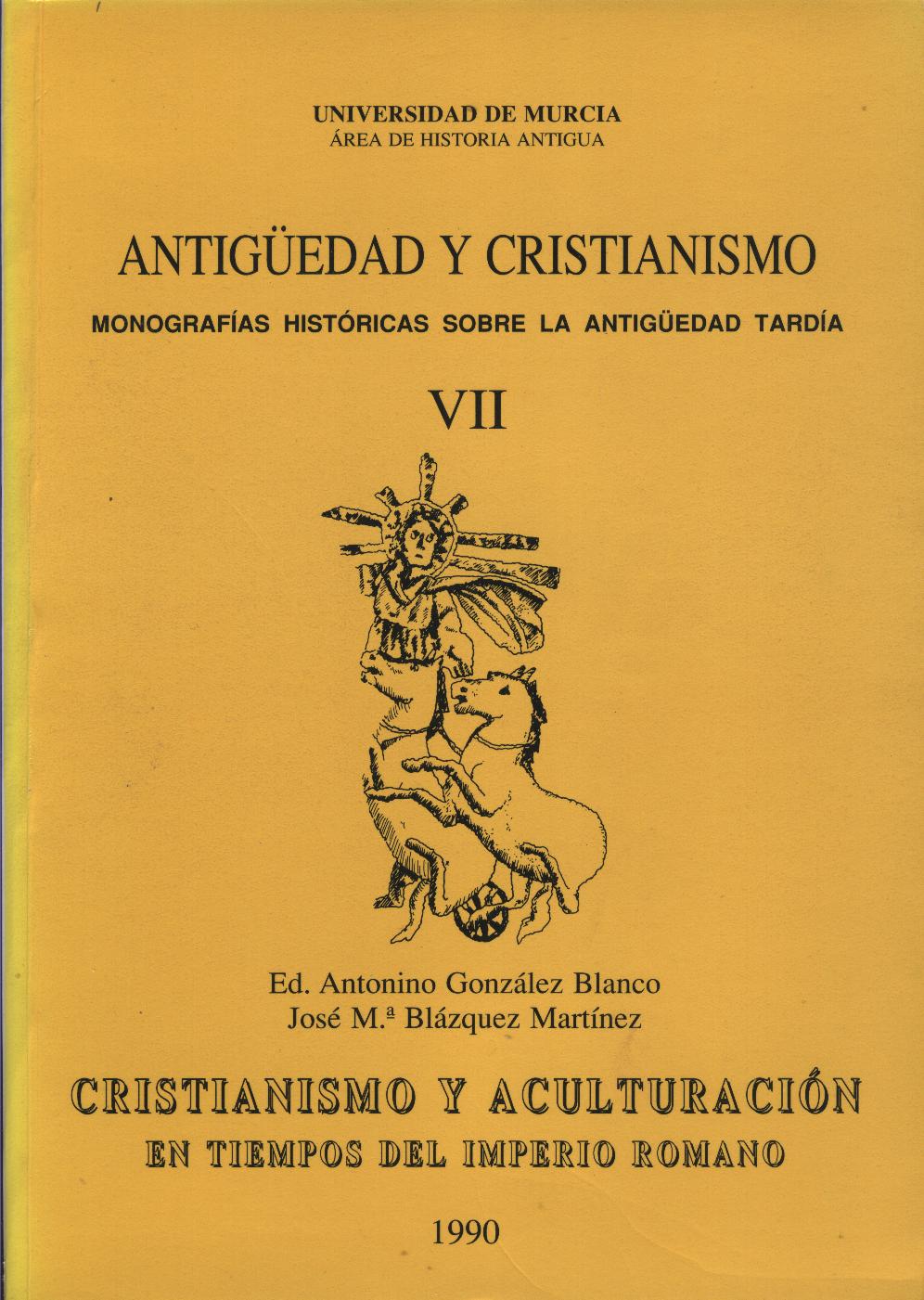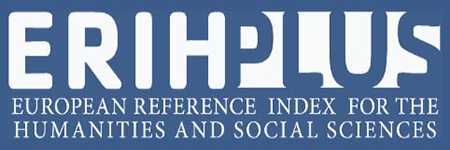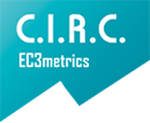El cristianismo y los habitantes de las montañas en época romana
Resumen
The question of when the Basques were converted to Christianity has been long debated, with the answers given ranging over a period extending from the fourth century at the earliest to the twelfth at the latest. Proponents of both the early and the late dates for the conversion have considerable strength in their arguments. In trying to resolve this problem it is necessary to take account of changes in ethnic self perception in the Upper Ebro Valley and Western Pyrenees, especially in the period of the dissolution of the Western Roman Empire and the formation of the Visigothic kingdom in the Iberian peninsula. Changes in Basque attitudes towards their neighbours were largely the product of altered political and economic circumstance that were triggered off by the dissolution of the Roman state. One major consequence of this was the growth of division and mutual hostility between mountain-dwelling pastoralists and lowland agriculturalists in the Western Pyrenees. Both of these two economic groups had, until the early fifth century, coexisted under the single ethnic label of Vascones, a name of considerable antiquity, but from then on a sharp sense of ethnic differentiation emerged between the two communities. Thus it is possible to reconcile evidence for the early conversion of one section of Basque population and for the late acceptance of Christianity on the part of another, once this radical disjunction in a previously unified sense of identity be appreciated.
Descargas
-
Resumen244
-
PDF400
1. Los autores ceden de forma no exclusiva a la revista los derechos de explotación (reproducción, distribución, comunicación y transformación).
2. Las obras que se publican en esta revista están sujetas a la licencia Attribution-ShareAlike 4.0 International (CC By SA 4.0). Por lo que se pueden copiar, usar, difundir, transmitir y exponer públicamente, siempre que:
i) se cite la autoría y la fuente original de su publicación (revista, editorial y URL de la obra), permitiendo así su reconocimiento.
ii) se permite remezclar, transfromar o crear a partir del material mientras se mantenga la misma licencia del original.
Nota: Los artículos anteriores a 2022 muestran incorrectamente la licencia CC by SA en la página de resumen. Están bajo una licencia CC by NC ND tal y como se incluye en los pdfs de los artículos. Los artículos publicados en 2022 y después están bajo la licencia CC by SA.

3. Condiciones de auto-archivo. Se permite y se anima a los autores a difundir electrónicamente las versiones pre-print (versión antes de ser evaluada) y/o post-print (versión evaluada y aceptada para su publicación) de sus obras antes de su publicación, ya que favorece su circulación y difusión más temprana y con ello un posible aumento en su citación y alcance entre la comunidad académica. Color RoMEO: verde.
























